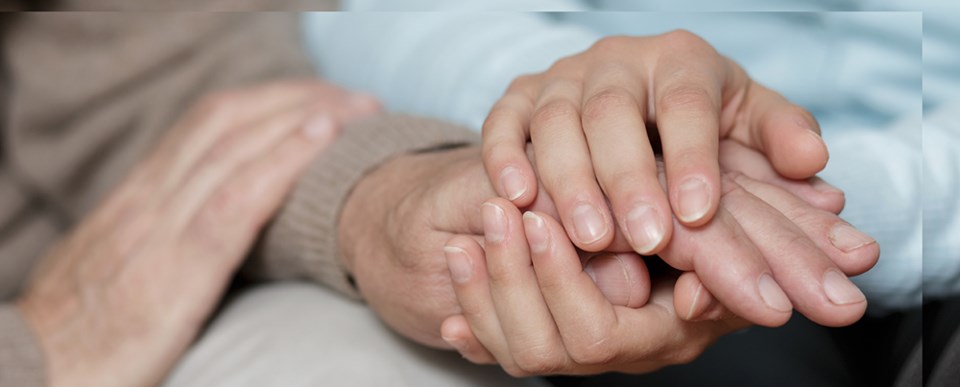We are so lucky in �鶹�����and the Sea to Sky Corridor to have access to medical assistance in dying, also known as MAID.
That hasn’t always been the case and is not the case in other areas and communities.
For far too long in Canada, we treated our pets better than our suffering fellow humans.
Until very recently, 2015, a person in decline with no hope of recovering, and perhaps living in constant pain could not legally choose to have a medically assisted death.
As Squamish’s Mike McLellan, whose mother chose MAID told The Chief, in Canada, it is still not normal for us to think of death as beautiful.
“The strangest thing about it, I think, is where you are talking about someone dying and you are using words like ‘beautiful,’ and ‘amazing’ and ‘that’s great’ and ‘incredible,” he said. “That is not really what you hear people saying when people die.”
Of course, we are talking about people who are suffering and ill, with no hope of getting better.
In our culture, if we talk about it at all, we associate death with something awful, and painful.
And yet as McLellan said, and tells his children, it is as much a part of life, as living.
Maybe MAID isn’t for you or your loved ones, and that is OK, but it is important to know that the option is there.
In 2019, there were 5,631 cases of MAID reported in Canada, which accounts for 2% of all deaths in the country, according to the annual federal report on the process.
In more than 80% of MAID deaths, the individual was 65 or older.
In October, the federal Minister of Justice and Attorney General of Canada introduced an act to amend the Criminal Code in Parliament, which proposes changes to Canada’s law on medical assistance in dying.
Most significantly, the changes would see the removal of the requirement for an individual’s death to be reasonably foreseeable, “ allowing persons who are suffering intolerably, but who are not dying, to be eligible for MAID if all other criteria have been met,” wrote Patty Hajdu, Minister of Health in the 2019 First Annual Report on Medical Assistance in Dying in Canada.
The amendment would mean people who had predetermined they want MAID, could still access it if they became incapacitated, something local Tim Regan advocates for, after his father accessed MAID, but feared he wouldn’t be able to pass the cognitive test his final day.
While the B.C. government is “working to support patient-centred access within each region of the province,” not all communities have this access.
We can ensure this amendment passes and that our leaders know we support MAID, by writing our provincial MLA — when we know for sure who that is — and Sea to Sky MP Patrick Weiler.
Our one-year-old Whistler Blackcomb Foundation Sea-to-Sky Community Hospice is a great resource for finding out about all end-of-life options.
Find them online at .
The Squamish-based hospice ensures all of us can stay in our community no matter how we choose to live out our remaining days.




